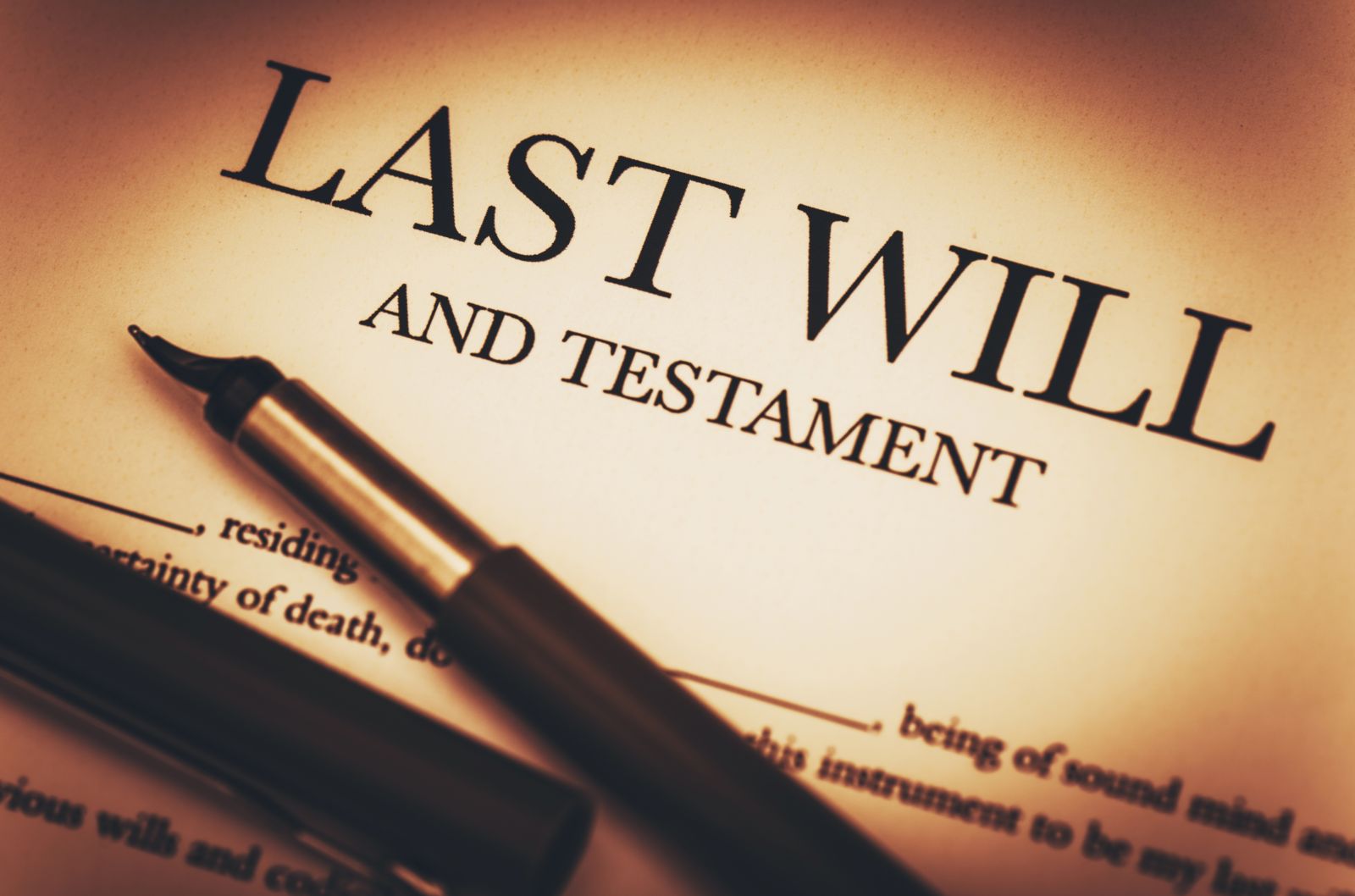Blog
Do You Really Need a Will?
Joint accounts, rights of survivorship, accounts payable on death, trustee accounts, powers of attorney, designated beneficiaries – with all of the various methods of managing and transferring property and assets, does anyone really need a Will? Yes. Really.
Wills do so much more than all other forms of asset management and transfer combined. Wills are the quarterback of a decedent’s estate team. Other means of ownership and transfer may be useful, and should be part of the estate plan, but none of them can coordinate the entire estate settlement process like a Will can.
Your Will names the person you select to be the Executor of your estate.
The Executor will collect all of your probate assets, pursue any claims on behalf of your estate, pay or defend against any claims against the estate, pay all expenses and taxes, distribute assets to the beneficiaries you have named in your Will, file tax returns, make tax elections, and account to the Probate Court on everything the Executor has done. If you die without a valid Will, the Probate Court will name an Administrator to do the same things. The difference is, you select an Executor; the court selects an Administrator. In addition, an Administrator will have to post a bond, which is an expense to your estate. In your Will, you may tell the court to excuse the bond, which will save your estate hundreds, and sometimes thousands, of dollars. Often, the cost savings from excusing the bond will be greater than the cost of creating your Will.
Your Executor will be entitled to reasonable compensation for carrying out all of his or her duties. An Administrator will be entitled to similar compensation. Executors are often a member of the family and beneficiary of the estate, and frequently waive the fee. (A fee would be taxable income to the Executor, whereas an inheritance would not). An Administrator may or may not be a family member, so they may be less inclined to waive the fee.
Your Executor must follow the dictates of your Will.
Your Will lets you decide who will receive your assets under the terms that you impose. Under Connecticut law, only your Spouse has a valid claim to bring against your Estate if you leave him or her out of your Will. Your spouse is entitled to a statutory share if your Will does not give him or her the minimum required share (which is a life interest in 1/3 of your probate estate). Everything else you may leave to anyone you wish (except your pets; if you want to provide for their care, you will need to make special provisions. Our video on pet trusts answers common questions we receive on this topic).
Your Will may provide powers to your Executor that an Administrator cannot have. In addition to serving without a probate bond, your Executor may be empowered to sell property without probate court approval, which saves time and expense, and may save a time-sensitive deal. You may instruct your Executor to make certain tax elections or allocate taxes and other expenses in a certain way.
If you die without a Will, the State will determine who receives your probate assets.
Most estates consist of probate and non-probate assets. Non-probate assets include jointly-owned property and accounts (if they have rights of survivorship), IRAs and retirement plans, life insurance, trust assets, and all other property which passes automatically to named beneficiaries without passing through your estate. Even if you think that all of your assets are non-probate assets, we frequently see probate assets arise from failure to transfer all assets to a trust, or a tax refund that comes in after death.
Your assets may not be distributed the way you wish.
If you are married with children at the time of your death, then your spouse will receive the first $100,000 of assets, plus one-half of the remainder. In a second or subsequent marriage, if your spouse is not the parent of all of your children, he or she will not receive the first $100,000; everything will be split 50/50. If you leave a surviving spouse, no children, and at least one surviving parent, then your spouse will have to share a portion with his or her in-laws, including a tenancy-in-common on all real estate. If you leave no surviving spouse, children, grandchildren, or parents, then your brothers, sisters, aunts, uncles, cousins, nephews, nieces, etc., may be the takers of your estate.
As my associate, Allison Poirier, explained in a related blog post, even celebrities make the mistake of passing without a will, leaving them no say in how their estates are settled, who will settle them, or who will receive their assets, which could have been avoided if they had had wills. While you may not have the assets of a superstar, a will is a necessity in order to direct the passing of your assets, and to keep taxes and expenses to a minimum. If you don’t have a will or if your current will no longer meets your needs, call us to set up an appointment with one of our estate planning attorneys.
